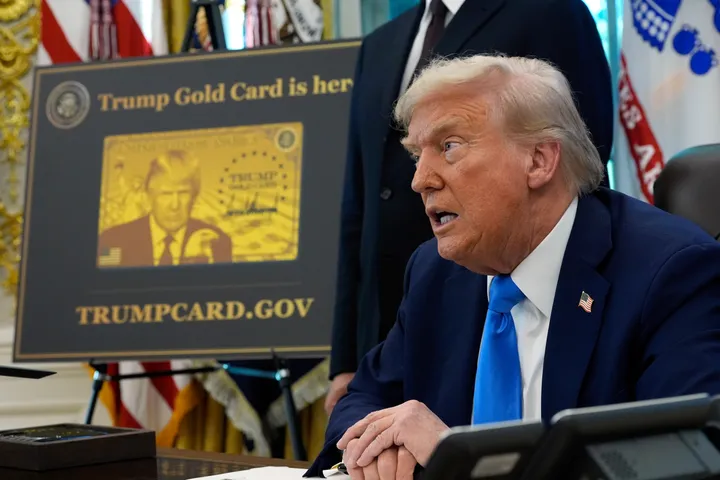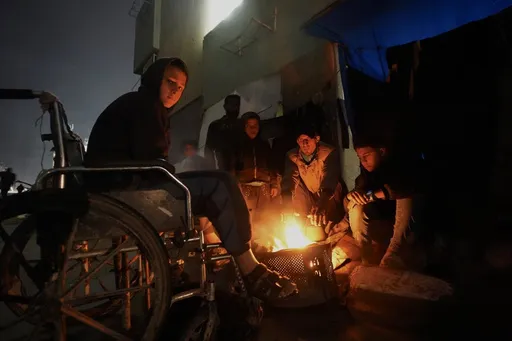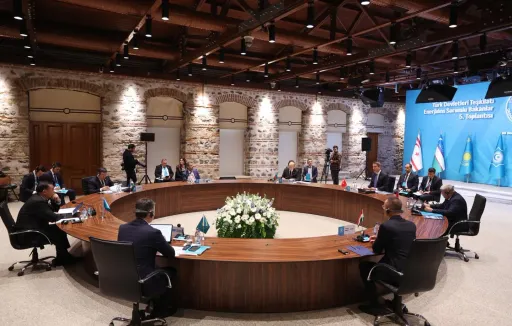By Peter Asare-Nuamah
The global demand for lithium has risen sharply in recent times given the strategic position of the mineral in advancing green growth and sustainability.
As the world battles to tackle climate change through green innovations, one of the promising innovations is the development of electric vehicles.
Such vehicles, unlike the conventional ones, rely on lithium batteries, which are environmentally-friendly.
As such, countries that are able to position themselves in the emerging electric vehicle industry are likely to take the lead and boast of their leadership in advancing sustainable solutions to contemporary global climate and environmental problems.
Indeed, while electric vehicles have the potential advantage of mitigating carbon emissions, a priority for addressing climate change, they are equally boosters for robust economic growth and development.
Hence, the mad rush for lithium, especially among developed economies, such as the United States of America, China and the European Union (EU), is no surprise at all given the mineral’s prospects for their economic advancement.
Ghana's commercial lithium
For instance, it is estimated that by 2030 the EU will need up to 18 more times its current lithium supply to advance its drive for energy storage and electric vehicle batteries.
Similarly, the regional bloc will also need about 60 times more supply by 2050.
Given the high demand for the mineral, countries that possess lithium are more likely to take advantage of this for their socio-economic growth and development.
One of such countries is Ghana, which recently announced the mining of lithium in commercial quantity.
In September 2022, Atlantic Lithium completed a pre-feasibility study for the prospect of exploiting lithium in Ewoyaa, Kaampakrom and Abonko lithium spodumene pegmatite deposits in western Ghana.
Following this, a definitive feasibility study (DFS) was also conducted.
In its announcement in June 2023, Atlantic Lithium reported that based on its DFS, the Ewoyaa lithium project is estimated to hold about 25.6 million tonnes of probable ore grading of about 1.22% lithium oxide.
Ghana's entitlements
Equally, an annual production of 2.7 million tonnes over a 12-year project mine life was reported.
Following the discovery of the mineral in commercial quantity, the New Patriotic Party (NPP)-led government signed a mining agreement with Barari DV Limited, a subsidiary of Atlantic Lithium, with production expected to start in the third quarter of 2024 while the first lithium concentrate is expected by the second quarter of 2025.
How novel is the mining agreement and how does it advance Ghana’s development in general and that of the Ewoyaa lithium project enclave in particular?
The lithium mining agreement indicates among others that Ghana is entitled to a 10% royalty, a 13% free carried interest, and an additional 6% interest in the project through the proposed investment in Atlantic Lithium by the Minerals Income Investment Fund (MIIF).
In total, Ghana has about 19% holding interest in the Ewoyaa Lithium project. In addition to the country’s holding interest, Atlantic Lithium is required under the deal to pay 1% of its revenue into a community development fund to aid in advancing development in the mining communities.
The Ewoyaa lithium project agreement is described, especially among the ruling government circle, as the best mining agreement in the history of Ghana.
Past failures
This is largely because previous mineral resources (e.g., gold, diamond, bauxite etc.) mining agreements in Ghana usually have a maximum of 5% royalty and a 10% free carried interest.
Some experts in the extractive industry, particularly Sir Sam Jonah, the former AngloGold Ashant President, commended the government for taking the first steps towards ensuring local ownership in Ghana’s extractive sector through the Ewoyaa lithium project agreement.
This resonates with the fact that there is a general public perception among the Ghanaian populace that the country has little ownership in the extractive sector, which deprives it of the benefits expected from mining the minerals.
Over the years, mining activities in communities like Obuasi, Bogoso and Prestea did not result in the desired community development and improved living standards of the people.
Therefore, there is a dire need to seek clarity on how different the latest lithium mining agreement will be in advancing sustainable, robust and realistic development in Ewoyaa and its surrounding areas.
Key questions
It is essential to ensure the Ewoyaa lithium project enclave receives its fair and deserving share, especially in terms of community development.
Critical questions to be answered include:
What is the estimated level of development expected to be seen in Ewoyaa, Abonko and Kaampakrom at the end of the 12-year project life?
How will the commencement of the lithium project simultaneously improve agriculture, health, and sanitation among other necessities to ensure decent livelihoods in the mining enclave?
How will local content and local participation be promoted in the sustainable governance of Ghana’s lithium?
Given that lithium processing has been reported elsewhere to contribute to environmental challenges, there is also the need for clarity on how the entire project will advance environmental sustainability in Ewoyaa and its enclaves.
Parliamentary nod
As the agreement awaits parliamentary approval, it is highly important that the members of parliament scrutinize it as it behooves on the elected representatives to prioritise the interests of Ghanaians.
Such a position will ensure that the house adopts a non-partisan approach to scrutinising the lithium agreement to ensure that Ghana gets its fair share from the lithium it possesses, which is currently a highly competitive global commodity.
The competitive demand for lithium, creates the urgent need for the Parliament of Ghana to adopt a position that is essential for driving Ghana’s growth and development, especially in Ewoyaa and other communities where lithium is expected to be mined.
Dr. Peter Asare-Nuamah is a Lecturer at the School of Sustainable Development, University of Environment and Sustainable Development, Ghana, and a Senior Researcher at the Center for Development Research, University of Bonn.
Disclaimer: The views expressed by the author do not necessarily reflect the opinions, viewpoints and editorial policies of TRT Afrika.
➤Click here to follow our WhatsApp channel for more stories.
























